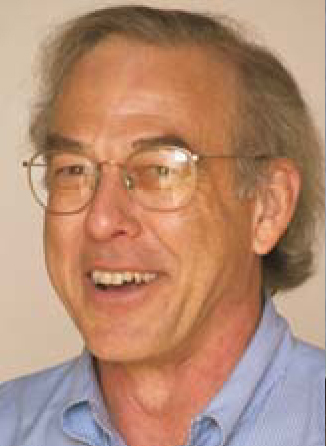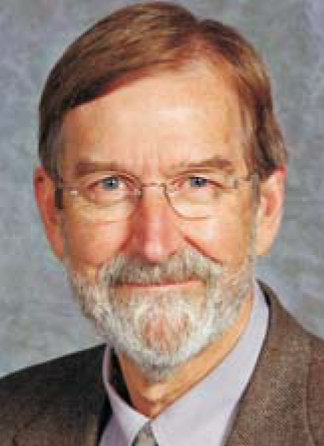APS undergoes changing of the guard
DOI: 10.1063/1.2435641
Amid efforts by the American Physical Society to determine how best to handle the changing nature of scientific publishing, its largest enterprise, two of its three operating officers are stepping down from their longtime posts.
Retiring editor-in-chief Martin Blume will be succeeded next March by Gene Sprouse, while Thomas McIlrath was replaced as treasurer on 1 October by Joseph Serene. Both Blume and McIlrath had served at their posts for 10 years.
APS executive officer Judith Franz, the society’s other coequal officer, said the retirements, though announced simultaneously, are unrelated. Blume and McIlrath were hired at around the same time and were employed under renewable five-year contracts.
Sprouse and Serene are beginning their new positions as APS moves ahead with Free to Read, its open access program announced in September. Although the society is launching the new initiative at the same time it is undergoing a change in command, Franz predicted a smooth transition for the new officers and said they’ll bring a fresh perspective to the society’s leadership. “When you gain new people, you gain new ideas,” she said.
Serene came to his APS post after retiring from a 13-year stint at Georgetown University, where he was a tenured physics professor. He chaired the physics department from 1993 to 1998. Sprouse is a tenured physics professor at Stony Brook University, where he chaired the physics department from 1990 to 1996.
Serene and Sprouse said they could not predict how Free to Read will unfold or how it will affect APS publishing revenues. Under the program, payment by any person or organization of a one-time fee for a particular APS journal article makes the article available online to all readers at no cost. The society is charging $975 for articles inPhysical Review A–E and $1300 for letters in Physical Review Letters. Articles in Reviews of Modern Physics will be considered on a case-by-case basis.
APS introduced its first open access journal, Physical Review Special Topics: Accelerators and Beams, in 1998, and a second, Physical Review Special Topics: Physics Education Research , last year.
“It’s very hard to see how it’s going to play out,” Serene said of the society’s newest publishing initiative. “We want to become involved [in open access] without threatening the future of our journals.”
“We support the move to more open access to our content,” Sprouse agreed. “But we must find a sustainable way to fund [our] operation.”
Serene predicted that another challenge for APS will be responding to the changing international physics community and a concurrent increase in non-US manuscript submissions.
“It’s been good for us—we’re getting more,” he said of the submissions. “The bad news is, we have to referee and edit more, and that increases our costs. But we’re in the business of supporting the growth and diffusion of physics, so the more physics that’s coming our way, the better.”

Serene
JAMES SCHAEFER/GEORGETOWN UNIV.


Sprouse
JAMES SCHAEFER/GEORGETOWN UNIV.





